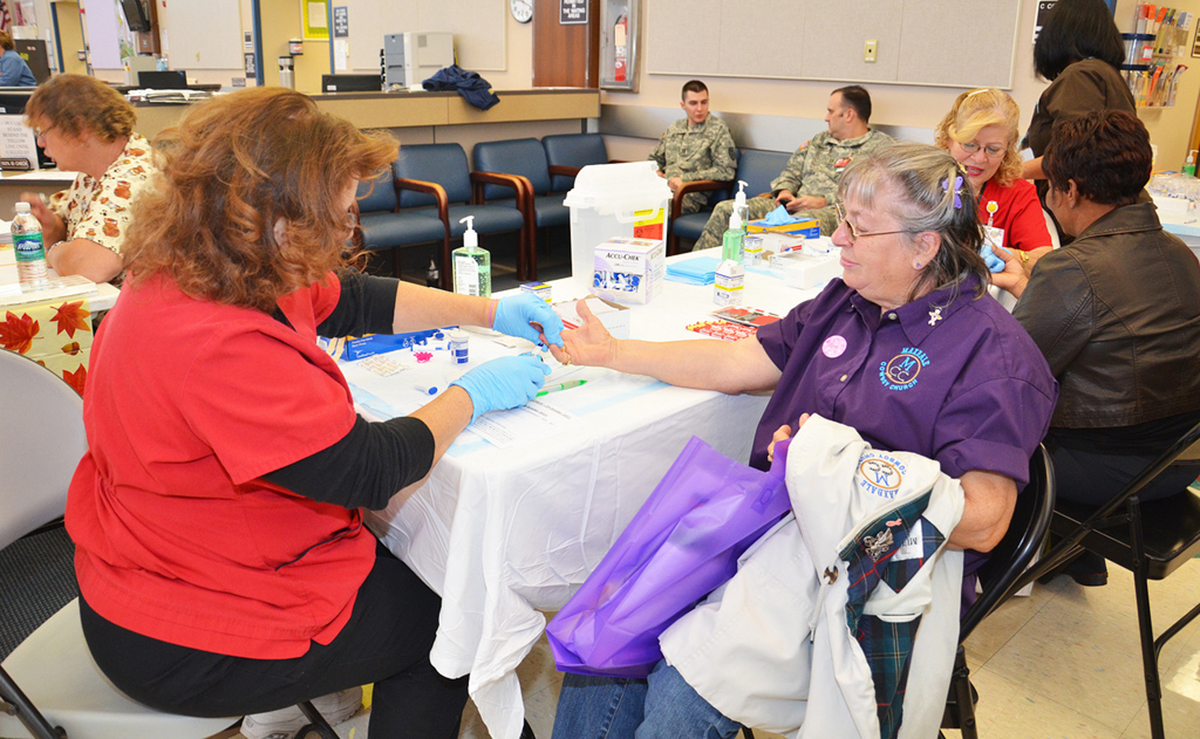Table of Contents
Nowadays heart attack patients are also given multiple medications for blood pressure, modern anticoagulants plus Aspirin for preventing blood clots, and multiple medications for diabetes. Aspirin helps prevent inflammation, which reduces the risk of both heart disease and cancer.

Heart, Diabetes Meds May Also Help Prevent Cancer
The commonly prescribed generic medications for heart attack patients, none of them costing more than $10 per month, protect health in more ways than just protecting the heart. The scientists who conducted the DIGAMi-1 study agree that heart attack patients today can expect to live much longer now than they could in 1993. However, as Dr. Denise Bonds of the National Institutes of Health in the USA commented on the study:
"First, it points to the benefit of good glucose control even when other risk factors such as lipids or blood pressure cannot be or are not modified. Participants in the intensively treated group had a reduction in HbA1c of about 0.6%, an important and sizable reduction," she noted.
"Second...it provides an important reminder of how quickly medicine is advancing....In 20 years, we have gone from few glucose lowering-therapies to over half a dozen oral therapy drugs, plus insulin, plus effective treatments to reduce the risk of elevated lipids and blood pressure."
"Now, the challenge is choosing the best treatment option for our patients. We've come a long way," she concludes.
Tight Control of Diabetes May Be an Ongoing Need
In other words, it definitely helps to control cholesterol and blood pressure. it also helps to control blood sugar levels, and to control them very carefully, with insulin.
So, if you are a diabetic, and you have had a heart attack, what do you need to do to have the longest possible healthy and enjoyable life?
- Take all the medications your doctor prescribes. Healing without medication is a great thing if you have a mild illness. But if you have already had a heart attack, you really need standard medications.
- Make sure your doctor is prescribing at least an ACE-inhibitor, a beta-blocker, and metformin. These drugs have surprisingly anti-aging and life-extension benefits beyond just controlling blood pressure and blood sugars.
- Take the plunge and use insulin to help control your blood sugar levels.
See Also: Insulin Allergy and Insulin Resistance
To use insulin effectively, you will also have to get into the habit of taking your blood sugar levels several times a day. It takes dedication, but diabetics who monitor their blood sugar levels live longer, too. Every shot of insulin used to keep blood sugar levels on an even keel benefits the heart.
And when you are in the hospital getting treatment for a heart attack, insist on good blood sugar control. Many cardiology wards still don't have the protocols in place for monitoring and controlling blood sugar in their diabetic patients. You have to have blood sugar control to survive. Make sure your hospital provides it for you.
- Dr Viveca Ritsinger, Prof Klas Malmberg, Anton Mårtensson, Prof Lars Rydén MD, Prof Hans Wedel PhD, Anna Norhammar MD. Intensified insulin-based glycaemic control after myocardial infarction: mortality during 20 year follow-up of the randomised Diabetes Mellitus Insulin Glucose Infusion in Acute Myocardial Infarction (DIGAMI 1) trial. The Lancet Diabetes & Endocrinology, Early Online Publication. 13 May 2014 doi:10.1016/S2213-8587(14)70088-9.
- Mindmap by steadyhealth.com
- Photo courtesy of Army Medicine by Flickr : www.flickr.com/photos/armymedicine/6376583991


Your thoughts on this